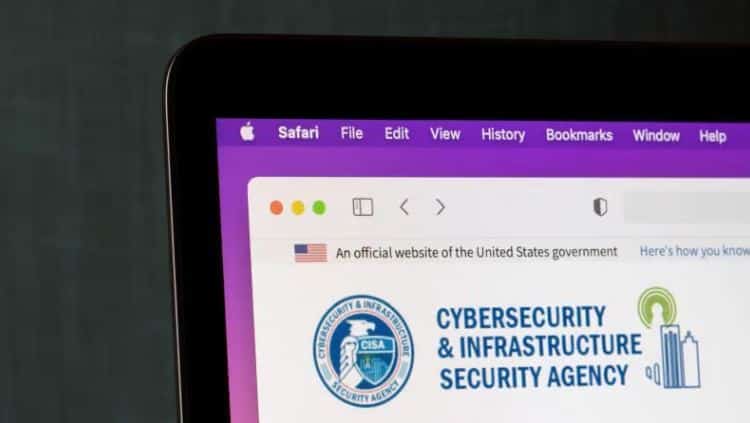
Free speech is in a free fall as millions embrace censorship as a political cause, including some now running for federal office on a pledge to silence others. One of the most alarming aspects of this period has been the emergence of a type of triumvirate of censorship, an alliance of government, academic, and media corporations. Together they have established the most comprehensive censorship system in the history of this country.
That system is being forced out into the public by the investigation of House committees. This week the House Judiciary Committee released a 103-page staff report on the academic prong of the triumvirate. What is most chilling about this report is that it adds yet another layer of government-supported speech controls. It also reflects a conscious and coordinated effort to carry out censorship through allies in a labyrinth of academic and public interest groups.
Earlier this year, I testified at the first hearing by the special committee investigating the censorship system. I warned that there was ample evidence of a system based on “censorship by surrogate” where government agencies used academic and media allies to silence those with opposing views.
The latest report reveals details of the critical role played by government officials in “switchboarding” the censorship system by channeling demands for removal or bans from state and local officials. In addition to the direct targeting of individuals by federal agencies, switchboarding allowed the agencies to operate as a control tower in this sprawling system.
This switchboarding system was confirmed by Brian Scully of the Cybersecurity and Infrastructure Security Agency (CISA) in the Department of Homeland Security. CISA has emerged as one of the critical control centers in this system.
CISA head Jen Easterly declared that her agency’s mandate over critical infrastructure would be extended to include “our cognitive infrastructure.” That includes not just “disinformation” and “misinformation,” but combating “malinformation” – described as information “based on fact, but used out of context to mislead, harm, or manipulate.”
Despite the determined opposition by Democratic members and the Biden Administration, the investigation has revealed a wide array of grants to academic and third party organizations to create blacklists or to pressure advertisers to withdraw support for conservative sites. The subjects for censorship ranged from election fraud to social justice to climate change.
The Election Integrity Partnership (EIP) was created in partnership with Stanford University “at the request of DHS/CISA.” It is described as a “consortium of ‘disinformation’ academics led by Stanford University’s Stanford Internet Observatory (SIO).
EIP supplied a “centralized reporting system” to process what were known as “Jira tickets” targeting unacceptable views. It would include not only politicians but commentators and pundits as well as the satirical site The Babylon Bee.
Some of us have previously criticized Stanford for its effort to systematize and expand censorship. Stanford’s Virality Project pushed to censor even true facts since “true stories … could fuel hesitancy” over taking the vaccine or other measures.
In newly released emails, the secret coordination with federal agencies was made public, including a July 31, 2020 email from the director at the Atlantic Council’s Digital Forensic Research Lab, an EIP partner.
Graham Brookie, the lab’s senior director, confirmed that her group “just set up an election integrity partnership at the request of DHS/CISA and are in weekly comms to debrief about disinfo.”
During this time many of us in the free speech community were raising the alarm over the evidence of a government-supported censorship system, including the use of surrogates in academia. As noted in emails in May 2020, government officials were privately saying that they need to avoid any move that would “openly endorse” censorship while funding these groups and switchboarding the system.
As officials served as the conduit, it continued to attach a standard disclaimer that CISA “neither has nor seeks the ability to remove what information is made available on social media platforms.”
Notably, EIP worked not only with CISA, but with the Global Engagement Center, a multi-agency entity housed within the State Department. It was the Global Engagement Center that contracted with the Atlantic Council, which sent suggested blacklists to Twitter. It got to be so reckless that Yoel Roth, then Twitter’s head of trust and safety, responded “omg” and “what a total crock.”
This system rests on grants coming from Homeland Security, the Justice Department, the State Department, and other agencies. That system included scoring groups through a grant from the National Endowment for Democracy (NED) to the British-based Global Disinformation Index (GDI). The index targeted ten conservative and libertarian sites as the most dangerous sources of disinformation, including sites like Reason which publishes conservative legal analysis. Conversely, some of the most liberal sites were ranked as the most trustworthy for advertisers.
The report on switchboarding is most chilling when placed within this larger context. The Biden Administration has funded a global effort to score, target, and ban opposing views through an ever-increasing array of allied groups in academia and corporations. A federal court recently enjoined aspects of that system after finding that it is an unprecedented censorship system that effectively created a type of “Orwellian Ministry of Truth.”
The solution is as obvious as the danger itself. Congress must bar any funding — directly or indirectly — for censorship systems. Calling opposing views “disinformation” does not alter the fact that there is a comprehensive censorship system using groups allied with the government. Federal agencies are always able to respond to claims that they deem are untrue about their own policies and programs. However, we need to get the government out of the business of speech controls, including shutting down the censorship switchboard.
Reprinted with permission from JonathanTurley.org.

